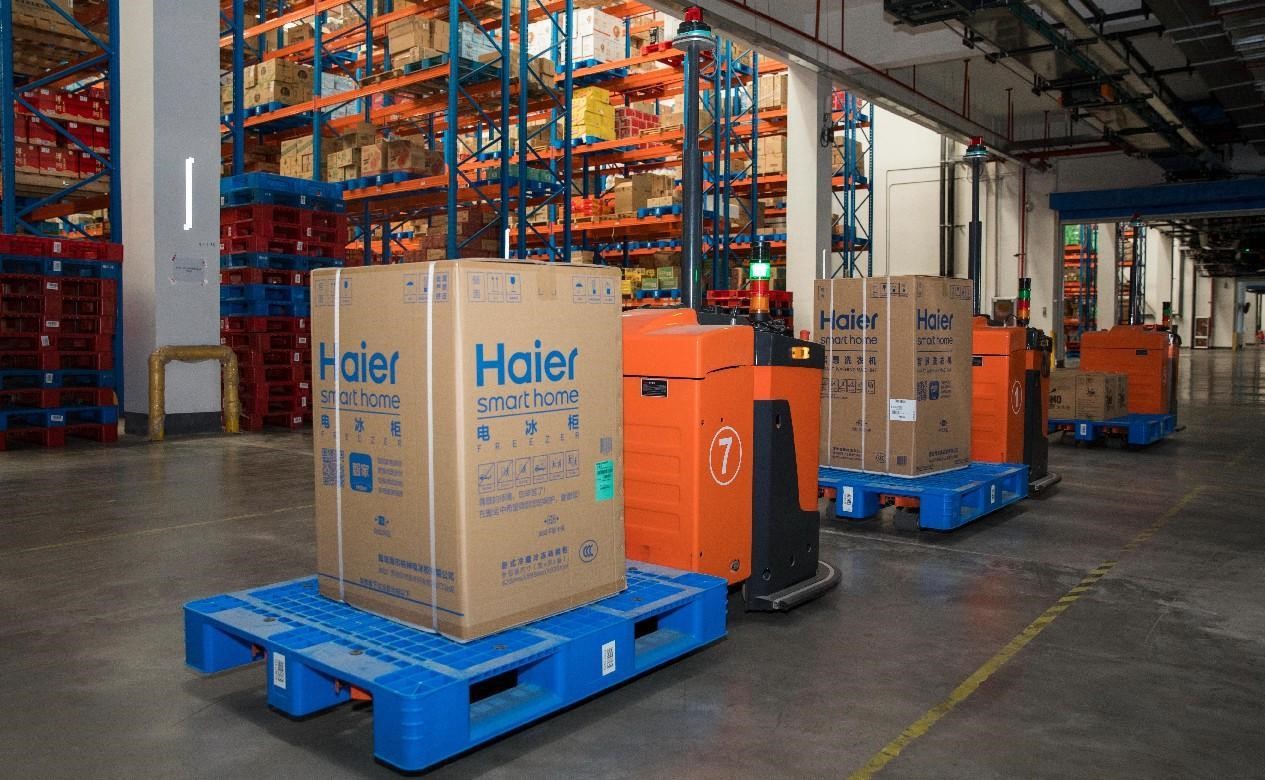Pieces of bird flu have been detected in grocery store milk - despite health officials insisting for weeks that it wasn't possible.
Government health officials still insist the traces of H5N1 are inactive and that the findings do not indicate milk on grocery store shelves is unsafe.
But it marks another worrying development in the outbreak which is tearing through American dairy farms.
The Agriculture Department, FDA and CDC all claimed weeks ago that the virus could not infect commercial milk because of the process of pasteurization, which involves heating up the liquid to kill off pathogens.

Government health officials insist the traces of bird flu in milk are inactive and that the findings do not indicate that milk on grocery store shelves is unsafe

The bird flu virus has killed about 17,400 seal pups in a single colony in the US. The virus' ability to transition from birds to mammals has worried some virologists
The FDA said it believes the virus particles detected were lingering remnants from the pasteurization process that do not pose a threat.
The FDA said: ‘Pasteurization is a process that kills harmful bacteria and viruses by heating milk to a specific temperature for a set period of time to make milk safer.
‘Even if virus is detected in raw milk, pasteurization is generally expected to eliminate pathogens to a level that does not pose a risk to consumer health.’
The agency added: 'To date, we have seen nothing that would change our assessment that the commercial milk supply is safe.'
It did not offer specifics, such as which brands of milk were found to contain virus residue.
In addition to infecting birds, seals, cattle and cats, the bird flu virus also infected a farm worker in Texas.
The H5N1 sample from the farmer showed it had a mutation that was 'known to be associated with viral adaptation to mammalian hosts' - but federal health agencies insisted the mutations were minor and the overall risk to the public was low.
Health officials in 18 states quarantine cows to halt bird flu spread

Health officials in 18 states have placed restrictions on cattle movement amid fears of bird flu, which has been detected in farms 28 farms across eight states. North Carolina is the most recent to confirm infection.
AdvertisementThis mutation was not detected in cattle or in wild birds, with officials saying it may have been acquired via an eye infection.
The bird flu has had a grip on the animal world since 2020, resulting in mass culling of poultry and other birds.
It is believed that migrating infected sea birds passed through Greenland and made it to the US from Europe.
Others say the birds were likely carrying the virus when it crossed the Atlantic Ocean and landed in Newfoundland to breed.
The FDA's announcement comes amid growing concern about outbreaks among dairy cows, which have resulted in restrictions on cattle imports from states where the bird flu has been detected.
Several states, including New York, have also issued warnings to residents to keep their distance from local wildlife like geese, falcons and hawks, which can carry the deadly virus.
Meanwhile, states including Iowa, California and Minnesota have started testing their animals for the virus.
Infected cattle are described as 'lethargic,' eating less food and producing less milk.
Cows may become infected through bird droppings in their pastures where the animals congregate and graze.
So far, 28 farms across eight states have reported H5N1 infections in their cows — including 11 in Texas and six in New Mexico.


 Related articles
Related articles


 Wonderful introduction
Wonderful introduction



 Popular information
Popular information